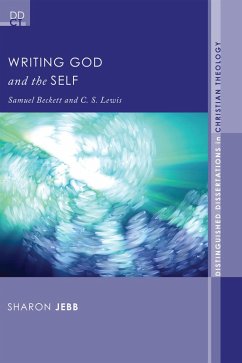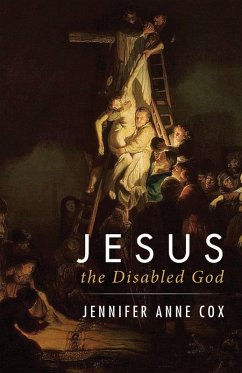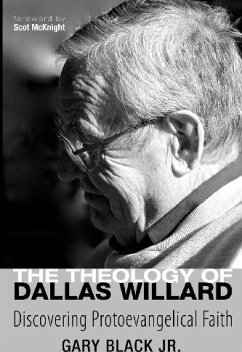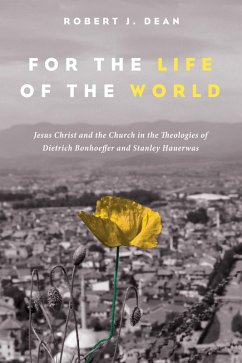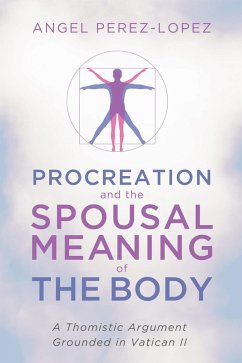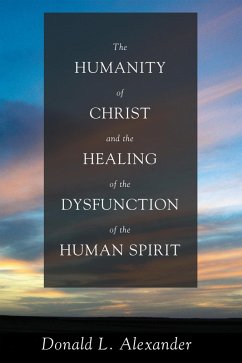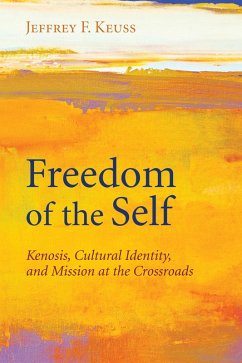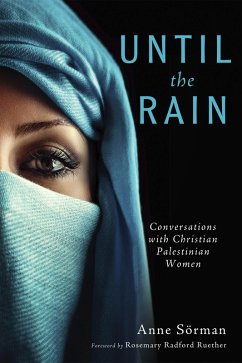
Until the Rain (eBook, ePUB)
Conversations with Christian Palestinian Women

PAYBACK Punkte
4 °P sammeln!
The Second Book of Samuel in the Hebrew Bible tells of a woman named Rizpah whose sons are sacrificed in the power struggle between the houses of Saul and David: Then Rizpah the daughter of Aiah took sackcloth, and spread it on a rock for herself, from the beginning of harvest until rain fell on them from the heavens; she did not allow the birds of the air to come on the bodies by day, or the wild animals by night. (2 Sam 21:10) Was Rizpah driven by the depths of despair? Or was she protesting in a woman's silent anger? The same kind of quiet defiance is playing itself out in contemporary Pale...
The Second Book of Samuel in the Hebrew Bible tells of a woman named Rizpah whose sons are sacrificed in the power struggle between the houses of Saul and David: Then Rizpah the daughter of Aiah took sackcloth, and spread it on a rock for herself, from the beginning of harvest until rain fell on them from the heavens; she did not allow the birds of the air to come on the bodies by day, or the wild animals by night. (2 Sam 21:10) Was Rizpah driven by the depths of despair? Or was she protesting in a woman's silent anger? The same kind of quiet defiance is playing itself out in contemporary Palestine. Is it grief or resistance--or the foundation of a new theology?
Dieser Download kann aus rechtlichen Gründen nur mit Rechnungsadresse in A, D ausgeliefert werden.




